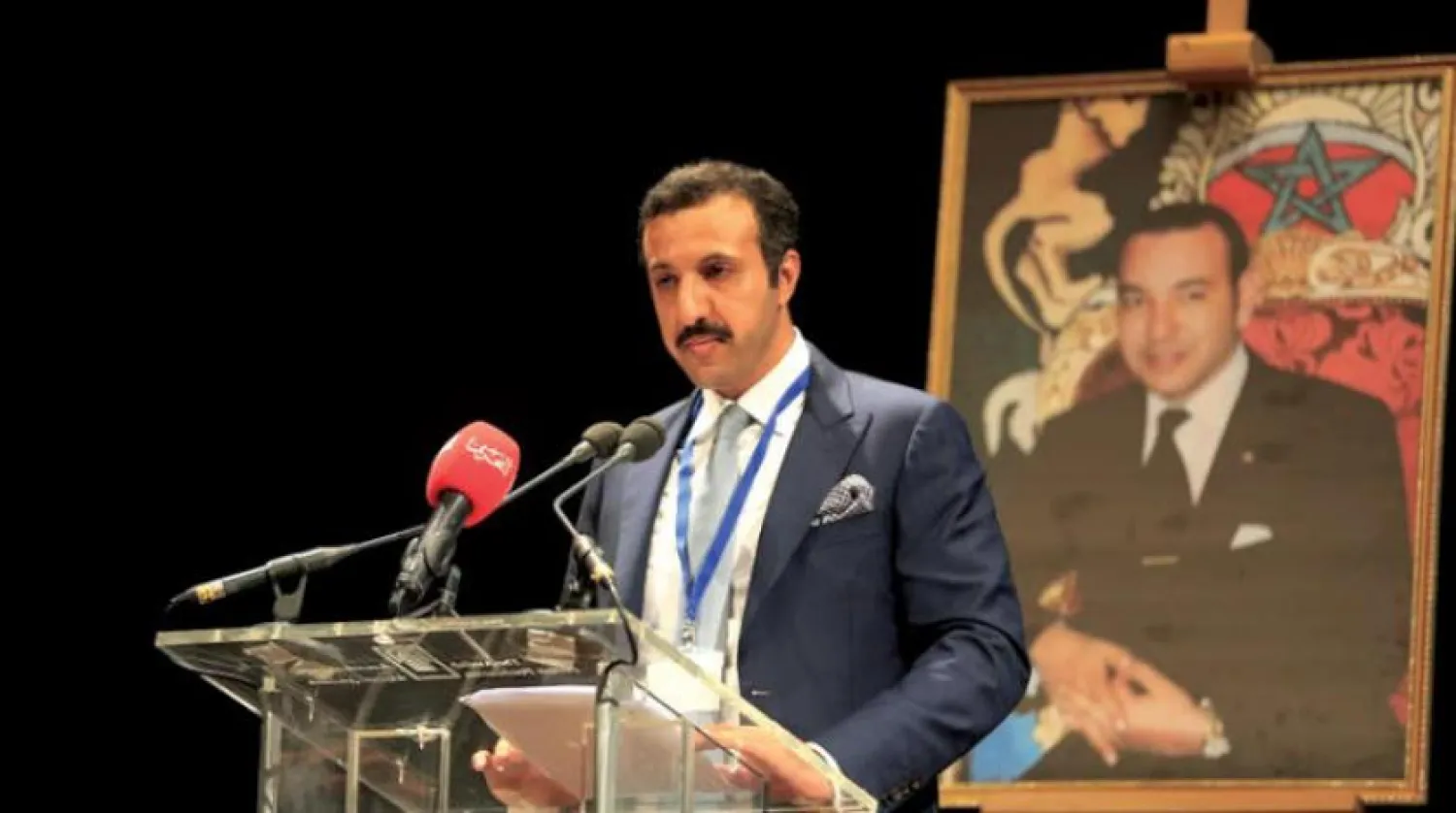Participants in a seminar held in Morocco’s Asilah have shed light on the immunity of the Bahraini political model in face of foreign plots.
They said that these plots lie mainly in the Iranian project, which seeks to destabilize Bahrain and make it a gateway to destabilize the region as a whole.
The seminar was organized on Tuesday on the "citizenship in the Bahraini National Charter" as part of the 40th Cultural Moussem of Asilah.
Participants also discussed the problems facing Bahrain’s democratic model because of the presence of a large Iranian community that obtained Bahraini citizenship in the framework of the project to consolidate citizenship and democracy.
And the continued loyalty of many of the members of this community to the contractual and religious considerations of the Iranian regime makes it a growing threat to the stability of the country.
Asked by one of the participants whether there is a possibility to resort to revoking citizenships of those found guilty of working for foreign parties and involved in conspiring against the state, Bahrain King's Advisor for Media Affairs Nabil al-Hammer said: “Any State has the right to protect its societies and defend its possessions.”
Hammer pointed out that many countries resort to revoking citizenships of citizens who abuse them, adding that the state has the right to revoke citizenship from whomever “betrays it.”
He explained that Bahrain's National Action Charter, established at the beginning of the millennium and endorsed by the Bahrainis during a public referendum, has laid the foundations and cultural components of the Kingdom of Bahrain on the constitutional and civil levels.
He said it also specified the historic Arab-Islamic civilizational identity of Bahrain.
“The charter was based on a comprehensive vision of the reform project, which was set by the Bahraini King in the consolidation and development of the principle of citizenship and making political reform stem from the citizen himself," Hammer stressed.
He said that a citizenship does not only mean rights but also duties according to the society, mainly the supreme interest of the nation and its unity, which is based on diversity.
For his part, Dr. Sheikh Abdullah bin Ahmed Al Khalifa, Chairman of the Board of Trustees at the Bahrain Center for Strategic, International and Energy Studies, highlighted the achievements and gains of Bahrain’s National Action Charter since its adoption early 2001.
He stressed that during this period, Bahrain has been able to raise the economic challenges to become the fastest growing economy in the Gulf region, develop its qualifications, upgrade its human capital, reduce unemployment to less than four percent and become a global financial center.
At the end of the seminar, Asilah Forum signed a partnership and cooperation agreement with Bahrain Center for Strategic, International and Energy Studies.









